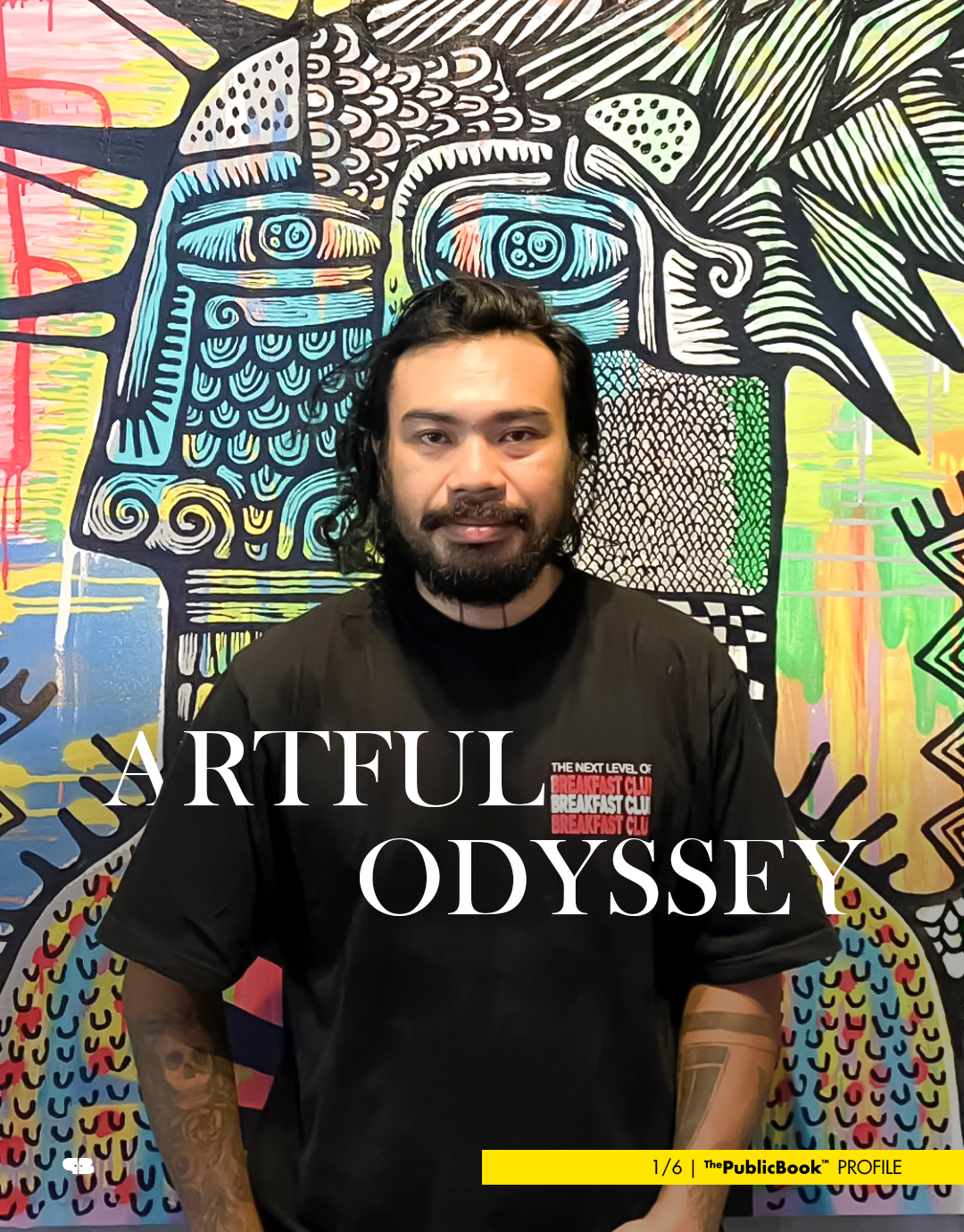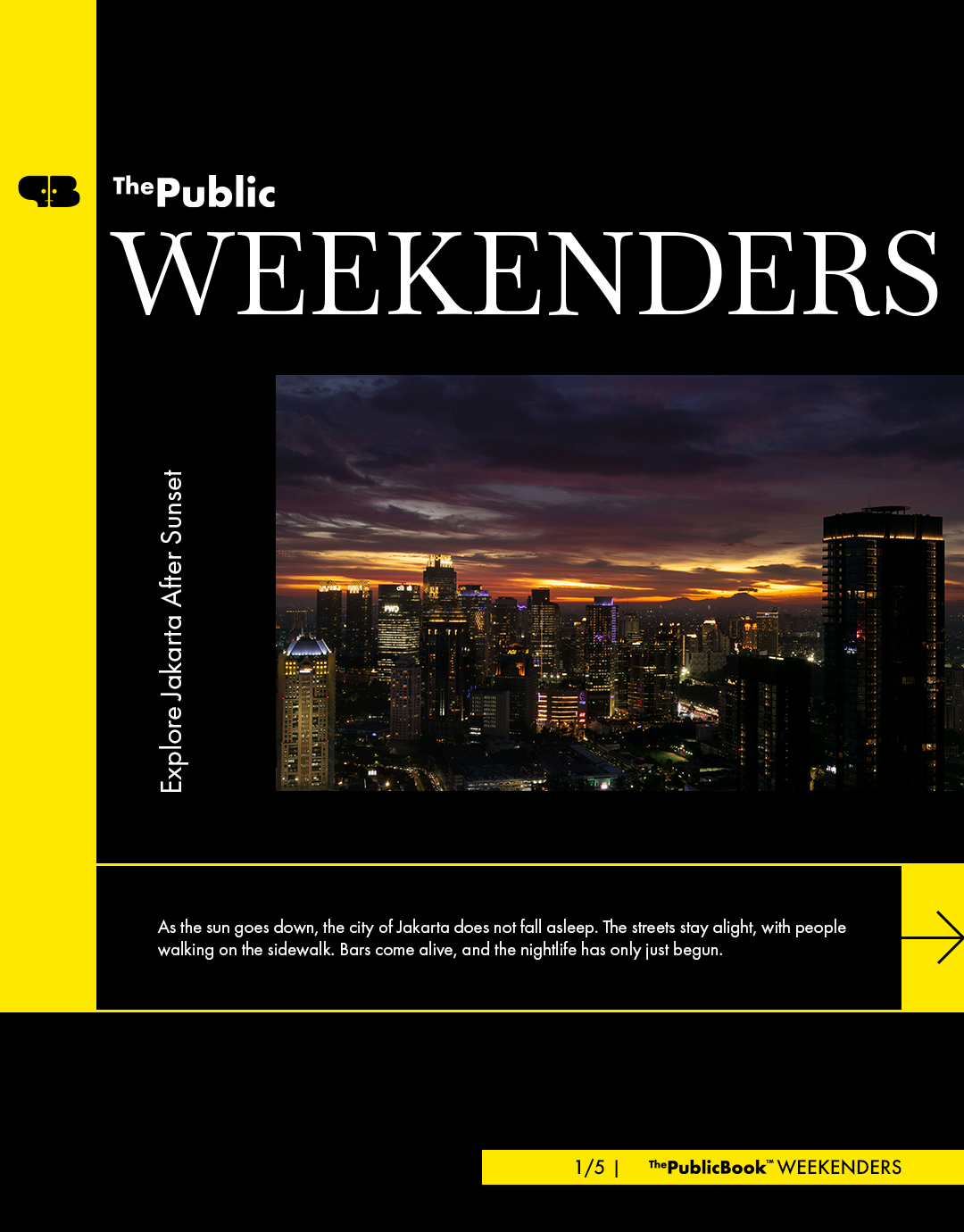September 05, 2024
What is once considered repulsive or revolting is possible to transform into something beautiful and pure. This is the essence behind Masjid Al Fattah, the ‘lego masjid’, where waste finds new life as eco-friendly bricks, and ultimately becoming a mosque that is cherished by many.
In this day and age, many mosques stand out not only as sacred spaces for Muslims but also for their stunning and innovative designs. And among the most recent design marvels is Masjid Al Fattah. Situated in Sidoarjo, East Java, this mosque has an elegant and modern design, made from the artistic touches of Andyrahman Architect, who is known to have made several residential building designs, especially for mosques and houses.
To describe its appearance, the Masjid Al Fattah showcases multiple geometrical elements, giving it a contemporary and clean effect. The walls are structured with bricks that are repetitive and neatly aligned, and a ceiling made of the ‘tumpang sari’ design, which is of Javanese heritage. With this style, the Masjid Al Fattah has become a uniquely modern mosque building without losing touch with its Indonesian roots.
However, despite its beauty and role as a Muslim’s place of worship and purity, Masjid Al Fattah has an unexpected history rooted in its construction material—trash, which is commonly seen as waste and filth. Constructed from non-burnt lego bricks created by Rekabrick, they are bricks made of various types of waste, such as fly ash coal garbage, sugarcane bagasse ash, and paper.
These bricks were then transformed into the Masjid Al Fattah that we know today–artistically aligned and airy, creating a comfortable environment for attendees of this mosque. Moreover, the use of these eco bricks also helps to decrease the damage of fertile soil caused by the building, which creates a positive change to the world from something initially perceived as negative.
Currently, Masjid Al Fattah’s full concept and construction process is recapped in NATABATA 2, a book by Andyrahman Architect himself. This book reveals the process of creating Masjid Al Fattah as a unique second chapter for the world’s waste, shifting from impurity to purity, and from discarded to beneficial.
Writer: Suksan Yosela
September 2024 – Chapter Two
Images courtesy of @andyrahman.architect
#ThePublicBookID #ThePublicBook #Art #Indonesia #MasjidLego #AndyrahmanArchitect




